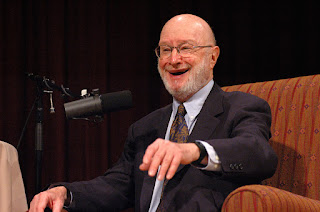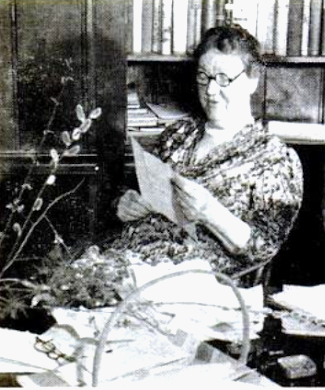Every day brings a new story. And each day contributes to the art of story telling -- in prose and poetry, in music, on the stage, on the screen, in podcasts, and in books.
_______________________________________________________________________________
 |
| Carter G. Woodson, one of the men behind Black History Month |
- In 1865, President Lincoln signed the Thirteenth Amendment to the Constitution, abolishing slavery in the United States.
- In 1960, four Black college students -- Joseph McNeil, Franklin McCain, Ezell Blair Jr., and David Richmond -- staged a sit-in at a Woolworth's lunch counter in Greensboro, N.C., to protest segregation and its refusal to serve Black people. It led to a serious of sit-ins, and in July, the store, along with most others in the chain, began to serve Black customers. In 2002, a monument to the four men was erected on the campus of the North Carolina Agricultural and Technical University, which the men attended.
- In 1998, Lillian Fishburne became the first African-American woman to become a rear admiral in the U.S. Navy.
























